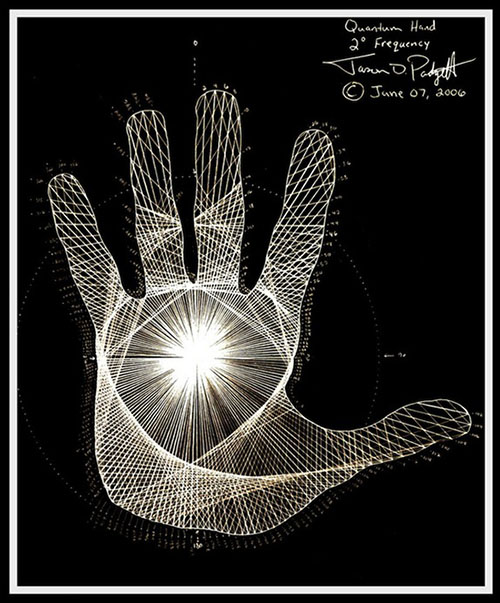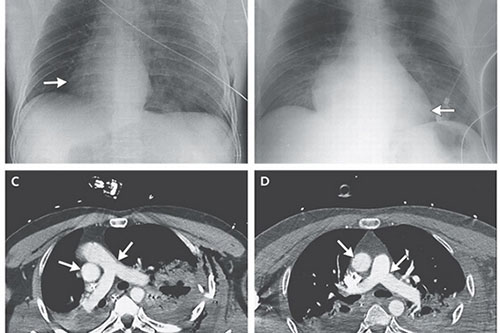For each of us, as we go through our experiences in this part of the hologram, a programmed event occurs, forever changing the direction of everything we will do from that day forth. The energy once applied to the overwhelming emotional and physical events in our lives, will now give way to healing and greater purpose. Back in the 1980s and 90s, some people called this a walk-in experience wherein another part of one's soul, or another soul who was more highly evolved, took over the physical body. Now we understand that we are programmed for our experiences. What occurs is that one aspect of our programmed experiences ends and another becomes active.
A Beautiful Mind: Brain Injury Turns Man Into Math Genius Live Science - May 5, 2014

In 2002, two men savagely attacked Jason Padgett outside a karaoke bar, leaving him with a severe concussion and post-traumatic stress disorder. But the incident also turned Padgett into a mathematical genius who sees the world through the lens of geometry. Padgett, a furniture salesman from Tacoma, Washington, who had very little interest in academics, developed the ability to visualize complex mathematical objects and physics concepts intuitively. The injury, while devastating, seems to have unlocked part of his brain that makes everything in his world appear to have a mathematical structure.
Motorcycle Accident Turns Man's Heart Around in His Chest Live Science - May 8, 2014

A motorcycle accident in Italy caused a man's heart to rotate within his body, and end up in the right side of his chest - a very traumatic injury from which he survived, according to a new report of his case. Doctors at the emergency department who treated the 48-year-old man discovered that his heart was in an unusual place when they tried to listen to his heart sounds and rhythms. An X-ray and CT scan of the man's chest showed that his heart had turned 90 degrees to the right, the doctors wrote in the report, published today (May 7) in the New England Journal of Medicine. "This is a very interesting anatomical finding, and it's very unusual," said Dr. Gregory Fontana, chairman of the department of cardiothoracic surgery at Lenox Hill Hospital in New York City, who wasn't involved in the case.